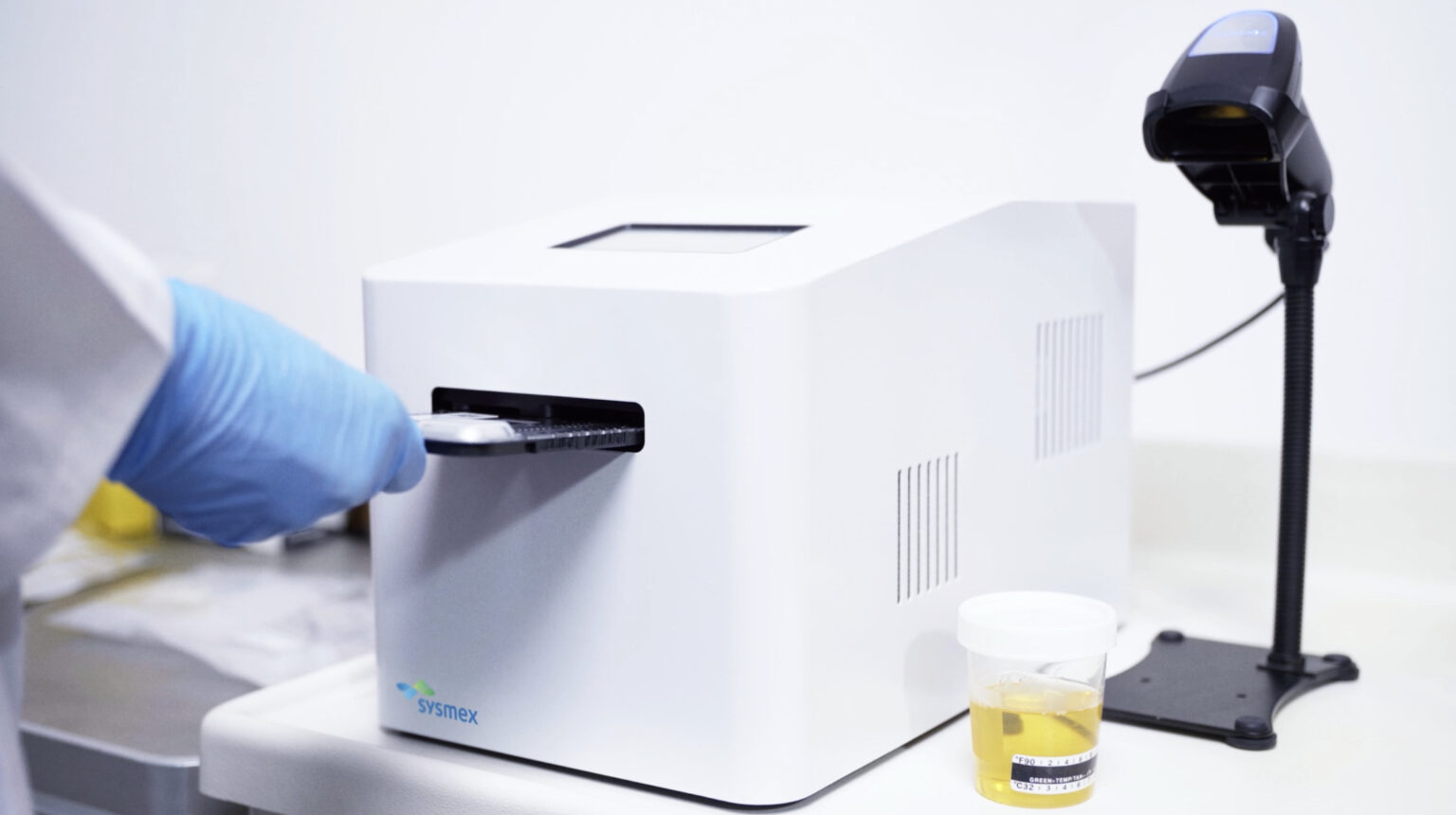The new system which could bring a ‘sea change’ in regards to antibiotic use when treating urinary tract infections (UTI), was awarded £8 million. The prize was awarded after a decade-long search in the fight against superbugs, the test having the ability to identify how to treat a urinary tract infection in 45 minutes.
The judges said that they were looking forward to the change it would bring in antibiotic usage as they announced the winner of the Longitude prize on antimicrobial resistance (AMR).
Antimicrobial resistance (AMR), a condition where medications used to combat infections become ineffective, is an increasing concern. It currently results in nearly 1.3 million deaths globally each year and is projected to cause 10 million deaths annually by 2050.
The test and its significance
Between 50% and 60% of women will have to experience at least one urinary tract infection (UTI) at some point in their lifetime, and almost half of the bacteria responsible for causing these infections are resistant to at least one antibiotic. These infections can lead to potentially fatal sepsis.
However, due to a lack of reliable and rapid tests, doctors often have to diagnose infections based on symptoms alone and guess which antibiotic might work. This inappropriate use of antibiotics fosters resistance by allowing bacteria to adapt and evade treatments.
The Longitude Prize was established in 2014 to aid the research on a “cost-effective, accurate, rapid, and easy test for bacterial infections that can be disseminated globally, allowing health professionals worldwide to administer the optimal antibiotics at the earliest time.”
The winning Sysmex Astrego PA-100 AST system, developed using technology from Uppsala University in Sweden, uses a 400-microliter urine sample placed on a phone-sized cartridge and inserted into a shoebox-sized analyzer unit. This system can detect bacterial infections within 15 minutes and identify the appropriate antibiotic within 45 minutes.
Previously, doctors would send a sample to a laboratory, with results taking 24 hours, resulting in a turnaround time of two to three days.
Dr. Tom Boyles, who is an infectious disease consultant working at Johannesburg’s Helen Joseph Hospital and was one of the judges, noted that most UTIs in South Africa were treated without any form of testing due to time and cost constraints. About a quarter of these infections have become immune to older antibiotics, and have had to be retired from general use as a result. The new test opens up the possibility of reintroducing these antibiotics.
Combating new ‘Superbugs’
Mikael Olsson, a co-founder of Sysmex Astrego, stated that the product is being introduced in Europe, and the prize funds will be used to support work with affiliates in Ghana, Burkina Faso, and South Africa and to reduce manufacturing costs. The test costs about £25 per cartridge in the private sector, but industry experts believe public-sector adoption and high-volume production could lower this cost.
Dr. Katherine Keenan from the University of St Andrews in Scotland has studied UTIs in Kenya, Tanzania, and Uganda. She mentioned that the cases recorded in clinics are just “the tip of the iceberg,” as many individuals purchase antibiotics directly from pharmacies. She also noted that the risk of UTIs is higher in countries with poor sanitation.
The key factor in this problem is the scalability of the tests, which should hopefully not be a problem. Commercial manufacturing will most likely reduce testing costs to make it more accessible. Keenan emphasized that equitable access is crucial since medical advancements are often too expensive for many people. However, if the cost of the new test becomes affordable for public health facilities or pharmacies, she believes it could be “really, really, really helpful” and highly effective.
